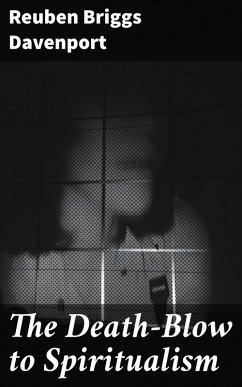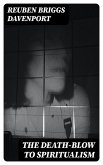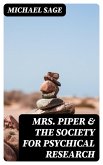In his compelling work, 'The Death-Blow to Spiritualism,' Reuben Briggs Davenport dives into the controversial topic of Spiritualism with a critical eye, aiming to dismantle its claims and practices. Written in a persuasive and authoritative tone, Davenport uses historical anecdotes, scientific reasoning, and religious arguments to debunk Spiritualism as a fraudulent and dangerous belief system. This book serves as a significant contribution to the literature on spiritual movements of the 19th century, shedding light on the societal anxieties and intellectual debates of the era. Reuben Briggs Davenport, a prominent figure in the anti-spiritualist movement, was a staunch critic of Spiritualism and devoted his career to exposing its alleged deceptions. His background in religious studies and logical reasoning equipped him to refute the claims of Spiritualists and provide readers with a well-researched and convincing argument against their beliefs. I highly recommend 'The Death-Blow to Spiritualism' to anyone interested in the history of Spiritualism, religious controversies, or intellectual debates of the 19th century. Davenport's thorough analysis and persuasive writing make this book a valuable resource for scholars and enthusiasts alike.
Dieser Download kann aus rechtlichen Gründen nur mit Rechnungsadresse in A, B, BG, CY, CZ, D, DK, EW, E, FIN, F, GR, H, IRL, I, LT, L, LR, M, NL, PL, P, R, S, SLO, SK ausgeliefert werden.









